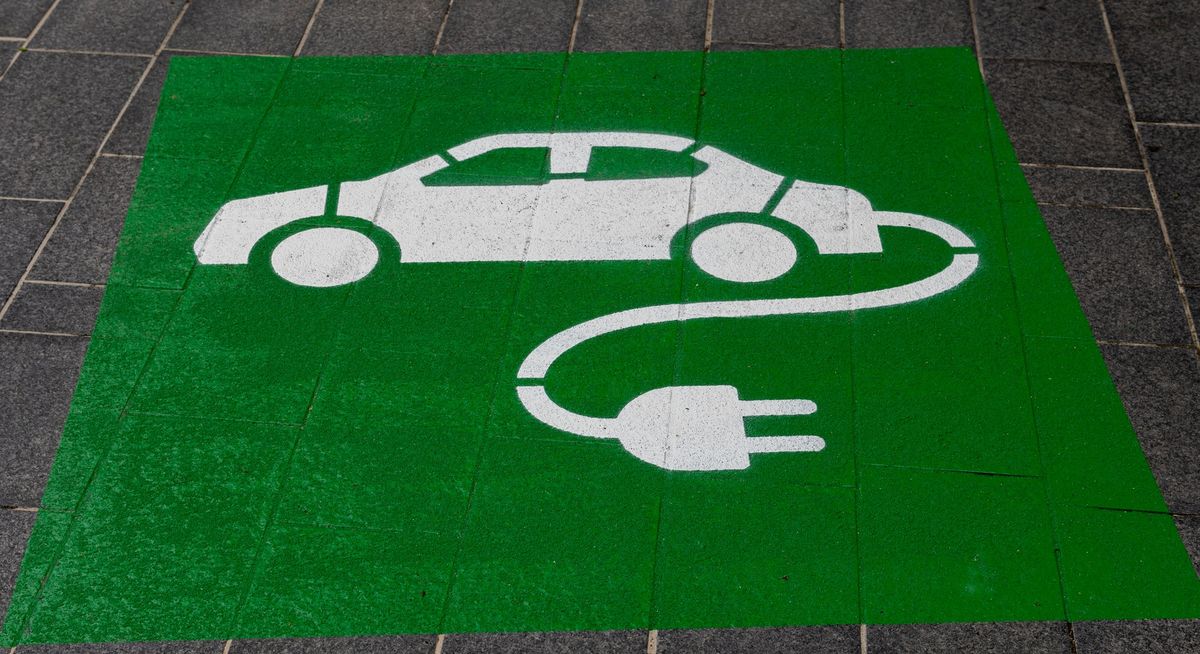Electric Cars Present New Insurance, Road-Building Issues

American consumers are adopting electric cars at a faster pace, bringing potential environmental benefits as well as the possibility of higher insurance claims and headaches for highway officials.
Electric vehicles are heavier than their gas-powered counterparts, possibly increasing the severity of collision damages, not to mention more severe personal injuries, while also increasing wear and tear on bridges and roads.
EVs are generally about 25% heavier than their gas-powered counterparts. A battery-powered Volkswagen ID.4, for example, weighs more than 25% more than its gas-powered counterpart, the Tiguan, one recent study found. The Hyundai Kona electric is about 18% heavier than the gas-powered Kona.
That’s bad news for the occupants of gas-driven cars that collide with EVs.
“If you look at pure physics, the larger, heavier car in an accident wins,” said Susanna Gotsch, an analyst with CCC Intelligent Solutions, a research firm.
Gotsch said, however, that EVs generally have better braking ability, helping to offset some of their weight advantage. Also, all EV manufacturers have agreed to equip their cars with emergency braking to help avoid collisions.
Another potential benefit of EVs is that they tend to have advanced telemetric features and internet connectivity, which could encourage consumers to enroll in usage-based car insurance. The electronics in EVs can not only track mileage driven but also gather data on speed, abrupt braking and other indications of reckless driving, making it easier for insurers to weed out dangerous drivers.
On the downside, however, CCC’s study found electric cars are more expensive to repair. The average repair cost of $4,041 for non-luxury small electric cars was 26.6% greater than for conventional vehicles.
Consequences for highways
The growth of EVs is also causing concern for state and federal transportation officials. Most highway construction is financed largely by taxes on gas and diesel fuel, with more than 40% of highway funds coming from state and federal fuel taxes. Since EVs don’t burn fossil fuel, they don’t pay gas tax.
States are still trying to reckon with this problem. Washington Gov. Jay Inslee, a big proponent of EVs, last year vetoed a bill that would have made Washington the first state to ban the sale of gas-powered cars.
He did so because the bill would have taxed drivers based on how many miles they drove each year. While that’s becoming a popular option for car insurance, it doesn’t go over so well with electric car owners.
EV sales picking up
After a slow start, EV sales are picking up in the United States, as consumers come to view the batteries on wheels as legitimate replacements for gas-powered cars and trucks.
In its report, CCC said electric vehicles made up 4.6% of new light-vehicle registrations in the first quarter of 2022, up from 2.6% of registrations in 2021 and 1.5% in 2020. Nearly 450,000 electric vehicles were sold in 2021, an 83% increase from the prior year.
